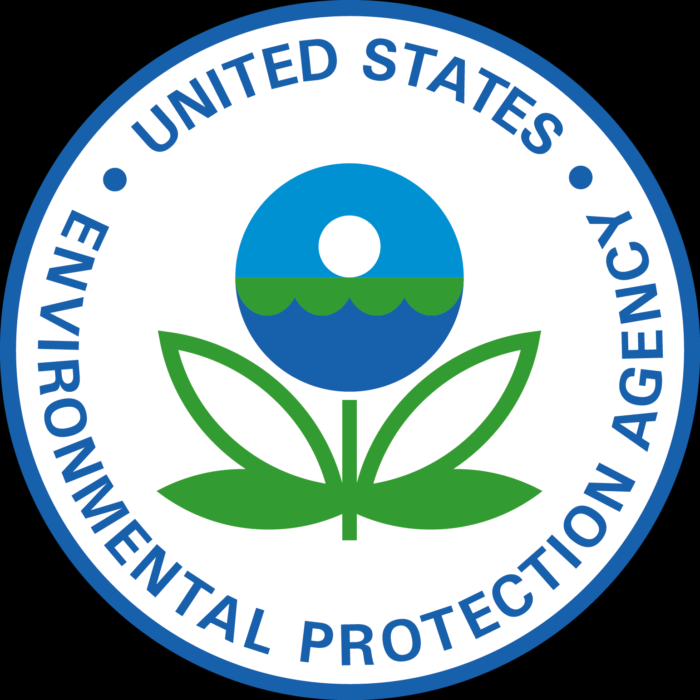On April 1, a group of twenty-one organizations sent a petition to the U.S. Environmental Protection Agency seeking accountability for companies that utilize a recently announced non-enforcement policy. The policy pertains to a relaxation of U.S. EPA enforcement of environmental testing, monitoring, and other compliance-related activities. The petition requests that EPA publish a new rule that requires public notification when a facility does not conduct environmental monitoring or reporting in reliance on EPA’s non-enforcement policy.
As previously reported, the EPA published a memorandum on March 26, entitled, “COVID‐19 Implications for EPA’s Enforcement and Compliance Assurance Program” announcing the governing policy regarding EPA enforcement of environmental legal obligations during the COVID‐19 pandemic. The temporary enforcement discretion policy applies only to certain civil violations during the COVID-19 outbreak, applies retroactively beginning on March 13, 2020, and is in place indefinitely. The policy advises that if an entity determines that “reporting is not reasonably practicable due to COVID‐19” the facility should:
a. Act responsibly under the circumstances in order to minimize the effects and duration of any noncompliance caused by COVID-19;
b. Identify the specific nature and dates of the noncompliance;
c. Identify how COVID-19 was the cause of the noncompliance, and the decisions and actions taken in response, including best efforts to comply and steps taken to come into compliance at the earliest opportunity;
d. Return to compliance as soon as possible; and
e. Document the information, action, or condition specified in a. through d.
The EPA stated that it does not expect to seek penalties for environmental compliance monitoring and reporting violations if it agrees that COVID‐19 was the cause and the regulated entity provides supporting documentation to EPA upon request.
In their petition, the group of NGOs voiced skepticism about the self-reporting aspects of the policy, arguing that the broad suspension of enforcement is unprecedented, dangerous, and “creates a clear opportunity for abuse”. The petition proposes that EPA publish a final rule on an emergency basis providing that any regulated entity that fails to comply with monitoring and reporting requirements, “must notify EPA and the relevant state and regulatory authorities immediately, in writing and submitted electronically” information pertaining to the entity’s noncompliance. The petitioners assert that the “rule is necessary in response to U.S. EPA’s open invitation to companies to disregard monitoring and reporting, based only on the honor system.” Various federal legislators have written letters to EPA echoing the sentiment expressed in the NGOs petition.
In response to these concerns, U.S. EPA Assistant Administrator Susan Parker Bodine wrote a letter on April 2, 2020, to “clarify the misconceptions regarding the policy”. Ms. Bodine stated that the policy was developed to allow EPA to prioritize its resources to respond to “acute risks and imminent threats” over determinations regarding monitoring and reporting. She further expressed that EPA’s policy does not provide a “license to pollute”, and the agency still expects regulated facilities to return to compliance as quickly as possible once the COVID-19 threat subsides.
Specially, EPA’s policy will not seek penalties for noncompliance only in circumstances that involve routine monitoring and reporting requirements, if, EPA agrees that such noncompliance was caused by the COVID-19 pandemic. Regulated parties, however, must document the basis for any claim that the pandemic prevented them from conducting that routine monitoring and reporting and present it to EPA upon request.
A plain reading of the temporary policy makes clear that it does not simply excuse exceedances of pollutant limitations in permits, regulations, and statutes due to the COVID-19 pandemic. Rather, EPA expects the regulated industry to comply with all obligations and, if they do not, EPA will consider the pandemic, on a case-by- case basis, when determining an appropriate response at a later date.

